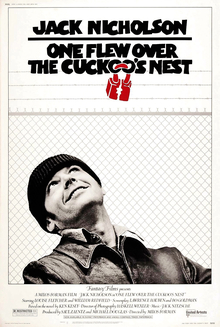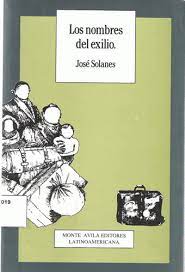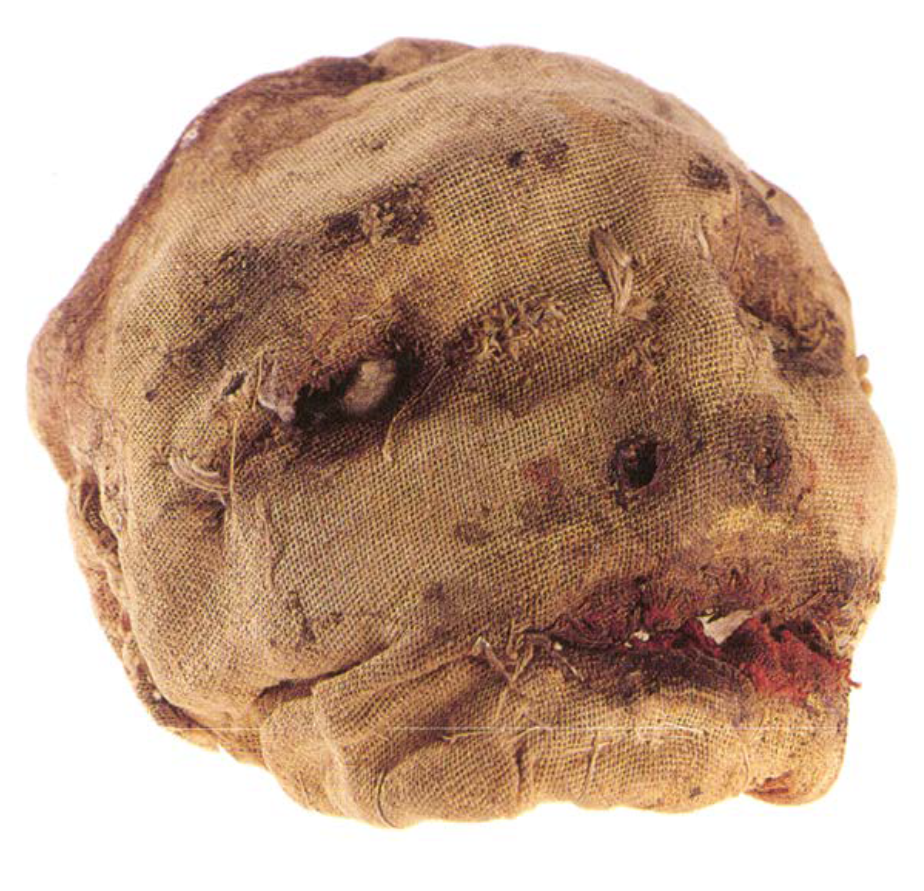Fellows

Mari Paz BALIBREA ENRIQUEZ
In exile, psychiatry: Rethinking histories from the marginal and transient through the figure of Josep Solanes.
Fellowship : October 2022 to june 2023
Discipline(s) : History
Pays : Spain
FELLOW FOCUS
Mari Paz Balibrea Enriquez’s residency seminar will be held on Monday, February 6, 2023 :
« In exile, psychiatry: Rethinking Histories from the Marginal and Transient through the figure of Josep Solanes »
Josep Solanes was a Catalan psychiatrist who had to flee Spain, never to return, at the end of the Spanish Civil War, first to France and then to Venezuela. Using his professional and intellectual trajectory as a springboard, my project proposes an alternative genealogy to the transatlantic route of psychiatry as a medical discourse migrating from Europe to the Americas. By mobilizing the experiences of exile, violence, illness and destitution as places of radical knowledge production in war-torn Europe, I argue that their further displacement to Latin America destabilizes often reproduced critical dichotomies that see in psychiatry a Eurocentric discourse intent on imposing to an Other ideas of self, the patient and cure. Through a focus on what I call the geopolitics of phenomenology, the latter understood as a philosophically-based approach to psychiatric treatment, I interpret its application in the clinical work of Solanes in Valencia, Venezuela, as facilitating local processes of empowerment, rather than perpetuating oppression as an expression of the coloniality of power.
Suggestionsof the week :
Movie : One Flew Over the Cuckoo’s Nest (Milos Forman, 1975)

Book : José Solanes, Los nombres del exilio. Monteavila Editores, Caracas, 1993

Picture : Armando Reverón (Caracas 1889-1954)
Cabeza de títere (puppet head)
Tela, alambre, cabello, piedra, hilo y papel impreso (fabric, wire, hair, thread, newspaper)

Research project : In exile, psychiatry: Rethinking histories from the marginal and transient through the figure of Josep Solanes.
My research project focuses on Spanish Republican exile Josep Solanes, a very little-known figure, whose work traverses the disciplines of psychiatric medicine, history, literature, philosophy, and anthropology. He took part in the Spanish civil war as a psychiatrist for the Republican army, went into exile in France in 1939, worked in French psychiatric institutions throughout the 1940s, during the world war in collaboration with the Resistance, and then left for Venezuela, where he became a very well recognized expert in psychological medicine. The experience of war and the fight against fascism, having to treat stress-related disorders, generated by the extreme conditions of war and exile, shaped his practice and understanding of mental health and who are the “mentally ill”. In so doing, Solanes pioneered a historical critique of the idea of “patienthood” and “madness” as historically constructed and the importance of treating mental illnesses in the community and turning patients into active participants and contributors in their social entourage through work or artistic expressions. A lot still remains to be learnt about Solanes, the work that he did while in French hospitals, how he adapted his practice to Latin American contexts, and this is the direction in which my project moves. I will conduct research in the archives of the psychiatric institutions where Solanes worked: Rodez, Sainte-Anne and Blois in France, and Anare and Bárbula in Venezuela, as well as locate up-to-now disperse and hard to reach articles and monographs. Aside from the figure of Frantz Fanon, not enough attention has been paid in this period to the unequal circulation of psychiatry as disciplinary practice between the Global North and South, and the case of Solanes, like the recently revived interest on Austrian-born exile in Argentina, Marie Langer, can help us shift to a more cross-cultural understanding of psychiatry.
Biography
Mari Paz Balibrea Enríquez is a Cultural Studies practitioner with a focus on Hispanic and Exile and Diaspora studies. She comes from Barcelona where she studied for her BA and did her PhD in the United States. She has worked as a Hispanist in US and UK universities for more than twenty years, and has extensive academic contacts in these countries, but also throughout Europe (including France), Latin America and Australia. While coming originally from a specialization in contemporary Spanish literature, her work has developed through the years towards a questioning and crossing of disciplinary and national boundaries. Her work is always predicated on a critical, politically situated enquiry that aims to destabilise well-established, hegemonic ideas and to open up the possibilities for rethinking paradigms and enabling the emergence of discarded, forgotten voices and points of view. The extensive research that she has done on the cultural and political legacies of Spanish Republican exiles of the Spanish Civil War of 1939 has been a major vehicle for her development of these approaches. Mari Paz has also published extensively on the role of leftist intellectuals and on the construction of the idea of citizenship in the creative city.
Bibliography
2022 “The Presence of an Absence: Framing Capital in the Films Mercado de futuros (Mercedes Álvarez, 2011), La mano invisible (David Macián, 2016) and Cerca de tu casa (Eduard Cortés, 2016)”, Studies in Spanish and Latin American Cinemas, Vol. 19:3
2022 “‘Staple of the Contemporary Music Scene’: Roberto Gerhard in Geopolitical Perspective”, in Monty Adkins and Rachel Mann (eds), Roberto Gerhard: Re-appraising a Musical Visionary. British Academy Monographs, Oxford University Press, pp. 184-202.
2022 “Transitions, Restorations, Exiles” in The Routledge Companion to Twentieth and Twenty-First Century Spain: Ideas, Practices, Imaginings, edited by L. Elena Delgado and Eduardo Ledesma. London: Routledge. Forthcoming
2021 “Irrumpiendo en el presente: Estrategias de reinscripción en la Historia en la obra filosófica de Rosa Chacel”, Bulletin of Spanish Studies 98:6, pp. 1287-1311, DOI: https://doi.org/10.1080/14753820.2021.1966960, http://eprints.bbk.ac.uk/id/eprint/44165/
2021 “Finding Josep Solanes: mobilizing the legacies of Republican exile in Spanish cultural studies”, Journal of Spanish Cultural Studies 22:2, pp. 199-210. https://doi.org/10.1080/14636204.2021.1922816
2021 “Lo que a Pancracio le sucede: Rosa Chacel en su vocación filosófica”, in Mujeres en el exilio republicano de 1939, ed. Ángeles Egido, Matilde Eiroa, Encarnación Lemus and Marifé Santiago (Madrid: Ministerio de la Presidencia, Relaciones con las Cortes y Memoria Democrática), pp. 79-93. Accesible online: https://www.mpr.gob.es/servicios/publicaciones/Documents/MujeresExilioRep.pdf
2019 “El paradigma exilio en Catalunya. La Transición en clave comparativa.” in Aránzazu Sarria Buil (ed), A vueltas con el retorno. La experiencia del exilio republicano en las culturas políticas de la España contemporánea. Bordeaux/Madrid: Presses Universitaires de Bordeaux/Universidad Nacional a Distancia, pp. 137-160.
2018 Co-editor and co-author with Francis Lough and Antolín Sánchez Cuervo. María Zambrano amongst the philosophers. Special issue of History of European Ideas, vol. 44: 7.
2018 “Max Aub y la estética política del Frente Popular: Lectura europea del Discurso de la novela española contemporánea” Correo de Euclides 13, pp. 44-54.
2018 Co-authored with Francis Lough and Antolín Sánchez Cuervo, “María Zambrano amongst the philosophers. An introduction” in María Zambrano amongst the philosophers. Special issue of History of European Ideas, vol. 44: 7, pp. 827-842.
2017 The Global Cultural Capital. Addressing the Citizen and Producing the City in Barcelona. Basingstoke:Palgrave MacMillan. (ISBN: 978-1-137-53595-5).
2017 General co-ordinator, editor and co-author. Líneas de fuga. Hacia otra historiografía cultural del exilio republicano español. Madrid: Akal. ISBN: 978-84- 323-1856-6.
2017 with Sebastiaan Faber. “Hacia otra historiografía cultural del exilio republicano español. Introducción a modo de manifiesto” in Mari Paz Balibrea, general co-ordinator, editor and co-author.Líneas de fuga. Hacia otra historiografía cultural del exilio republicano español. Madrid: Akal. (ISBN: 978-84-323-1856-6.), pp. 13-26.
2007 Tiempo de exilio. Una mirada crítica a la modernidad española desde el pensamiento republicano en el exilio. Barcelona: Montesinos. (ISBN: 978-84-96831- 46-9)

